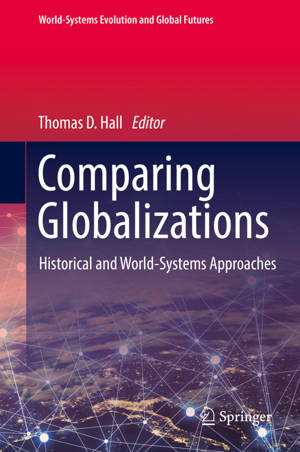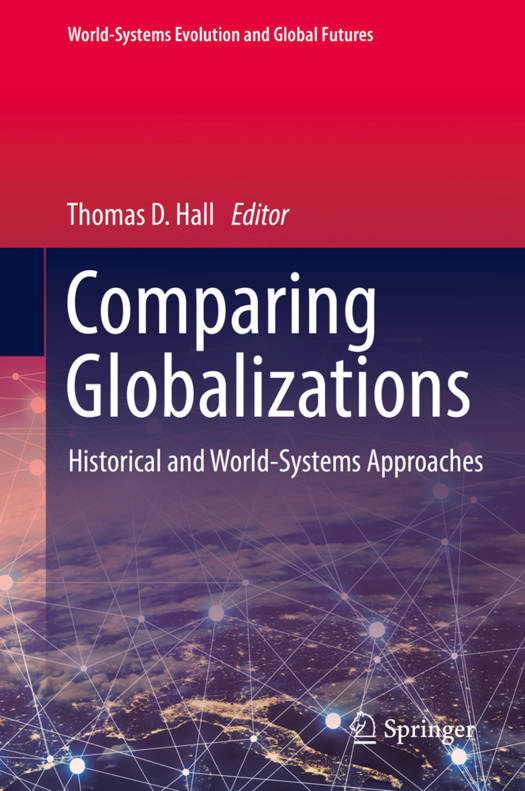
- Retrait gratuit dans votre magasin Club
- 7.000.000 titres dans notre catalogue
- Payer en toute sécurité
- Toujours un magasin près de chez vous
- Retrait gratuit dans votre magasin Club
- 7.000.0000 titres dans notre catalogue
- Payer en toute sécurité
- Toujours un magasin près de chez vous
Comparing Globalizations
Historical and World-Systems Approaches
116,45 €
+ 232 points
Description
Offers multi- and inter-disciplinary approaches to globalization studies
Brings together key world-systems scholars
Suggests avenues for further exploration - in its introduction, conclusion, and chapter bibliographies
Spécifications
Parties prenantes
- Editeur:
Contenu
- Nombre de pages :
- 184
- Langue:
- Anglais
- Collection :
Caractéristiques
- EAN:
- 9783319682181
- Date de parution :
- 28-11-17
- Format:
- Livre relié
- Format numérique:
- Genaaid
- Dimensions :
- 156 mm x 234 mm
- Poids :
- 458 g

Les avis
Nous publions uniquement les avis qui respectent les conditions requises. Consultez nos conditions pour les avis.





